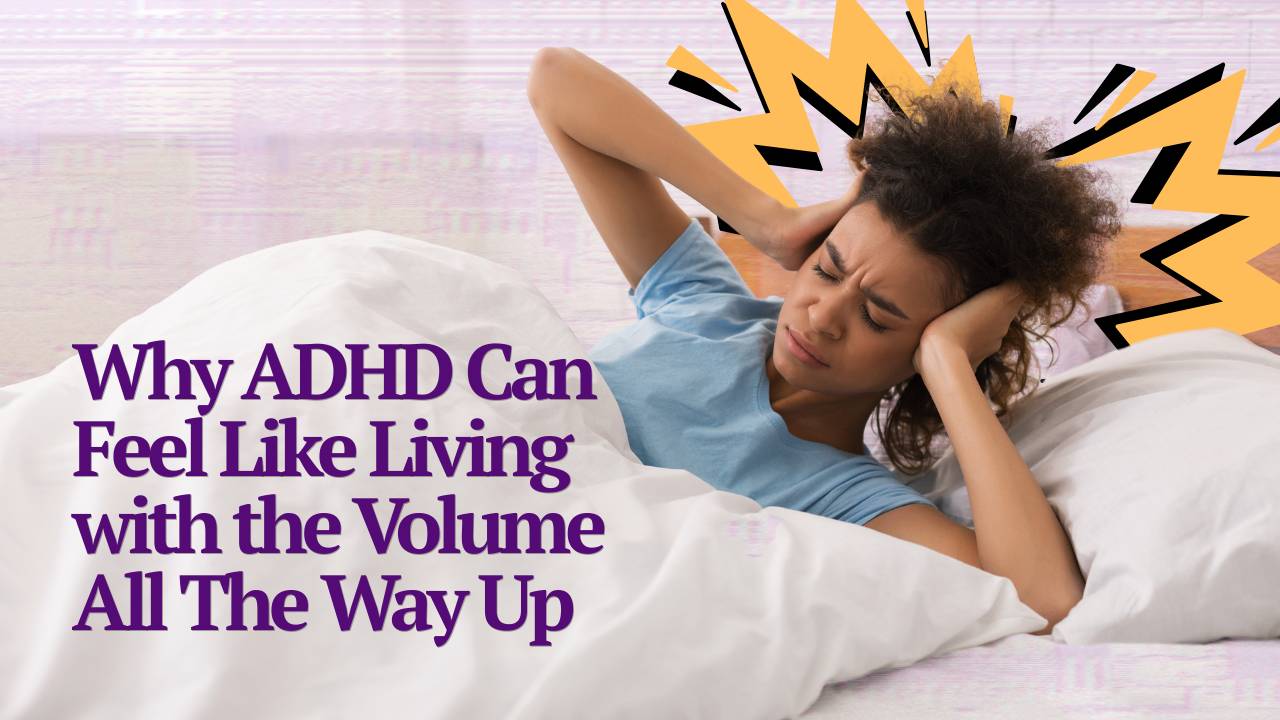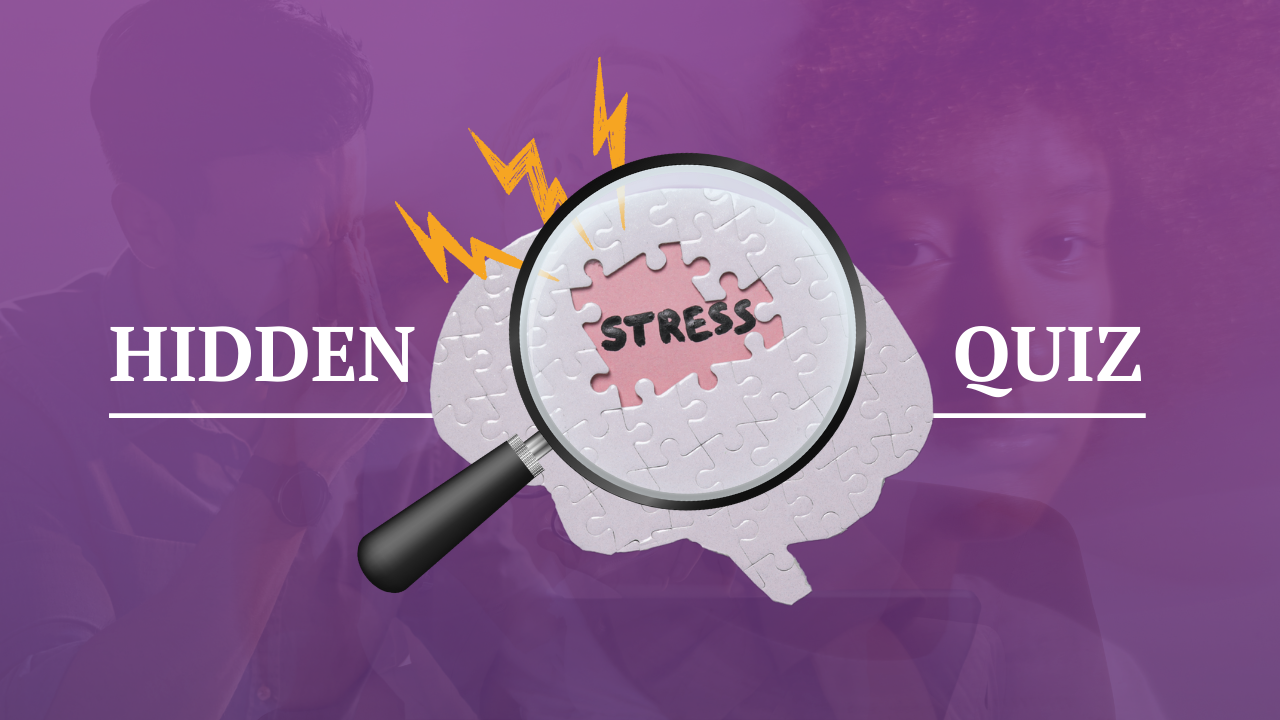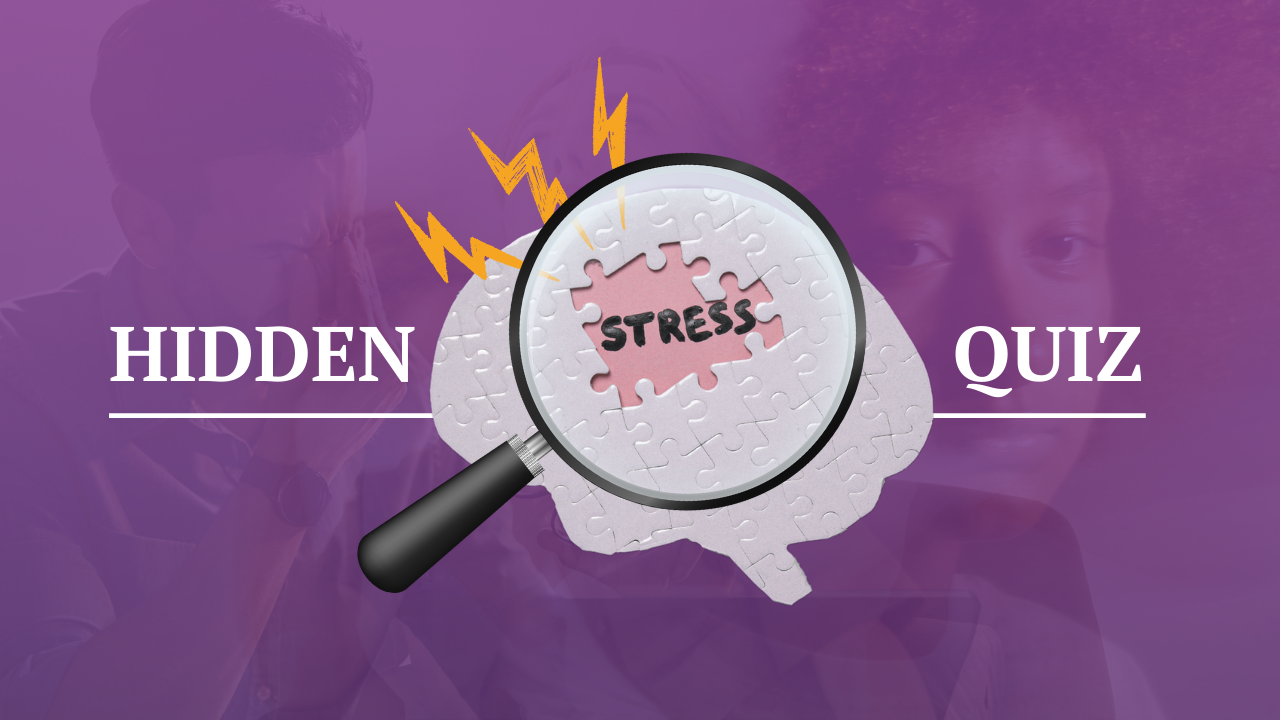Why ADHD Can Feel Like Living with the Volume All the Way Up
Oct 22, 2025
One client once described their experience like this: “It’s like the volume is always cranked to max—and I can’t find the knob.”
If you live with ADHD, that probably sounds familiar.
The ADHD brain is already busy juggling focus, emotional regulation, and everyday executive tasks. Add chronic stress—deadlines, decisions, overwhelm—and things can spiral quickly. The harder you try to keep up, the more things slip through the cracks. The more that slips, the more stress. And the cycle continues (Kooij et al., 2019).
But here’s the kicker: chronic stress doesn’t just feel exhausting—it also makes ADHD symptoms worse.
And here's something important: even if you don’t have ADHD, these tools can still help. Because let’s be honest—many of us are feeling overwhelmed by the constant noise of modern life. The strategies below are powerful for everyone navigating stress, burnout, or mental overload.
Try This: 3 Ways to Interrupt the Stress–ADHD–Burnout Cycle
1. Learn Your Stress Signals Early
When your jaw tightens, your sleep suffers, or your to-do list starts swimming—pause. Noticing early signs of stress makes it easier to slow the spiral before it takes over.
2. Practice “In-Between” Mindfulness
One of my clients began doing one-minute resets between work tasks: three deep breaths, a sip of water, or a moment with a calming playlist. Small pauses can reset your nervous system and protect your focus (Shaw et al., 2014).
3. Set Realistic Boundaries (and Keep Them)
Many people with ADHD say yes too quickly or forget they have limits—until they crash. Write down one boundary you want to honor this week, and keep it visible. Protecting your peace is a skill worth practicing.
You are not “lazy,” “scattered,” or “too much.” You are carrying too much without enough support.
The cycle can shift. For more on stress, focus, and reclaiming your inner calm, check out Cultivating Inner Peace. It’s filled with tools designed to help you reset—even in the chaos. Read more here.
References
Kooij, J. S., Bijlenga, D., Salerno, L., et al. (2019). Updated European Consensus Statement on diagnosis and treatment of adult ADHD. BMC Psychiatry, 19, 179. https://bmcpsychiatry.biomedcentral.com/articles/10.1186/s12888-019-2355-7
Shaw, P., Stringaris, A., Nigg, J., & Leibenluft, E. (2014). Emotion dysregulation in attention-deficit/hyperactivity disorder. American Journal of Psychiatry, 171(3), 276–293. https://doi.org/10.1176/appi.ajp.2013.13070966
Selye, H. (1976). Stress in health and disease. Butterworths.


